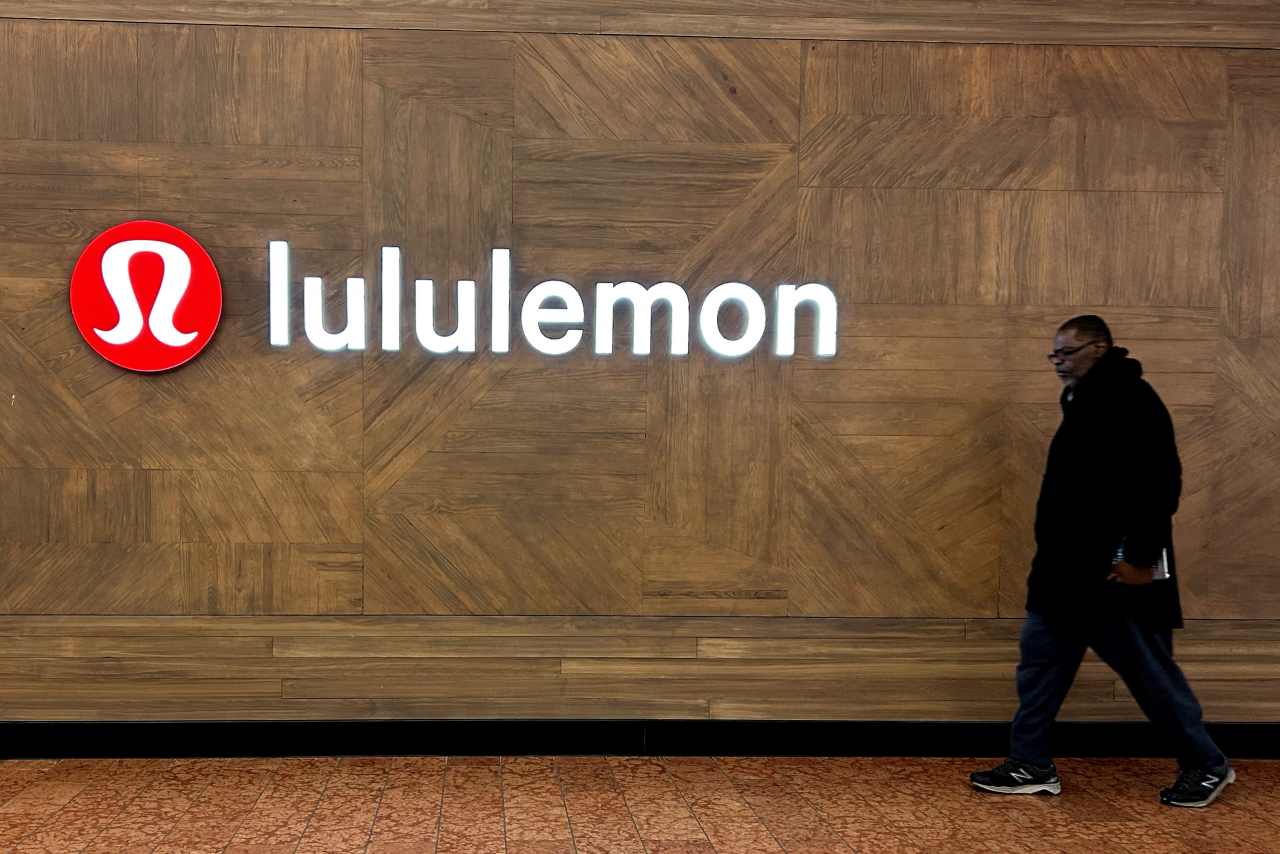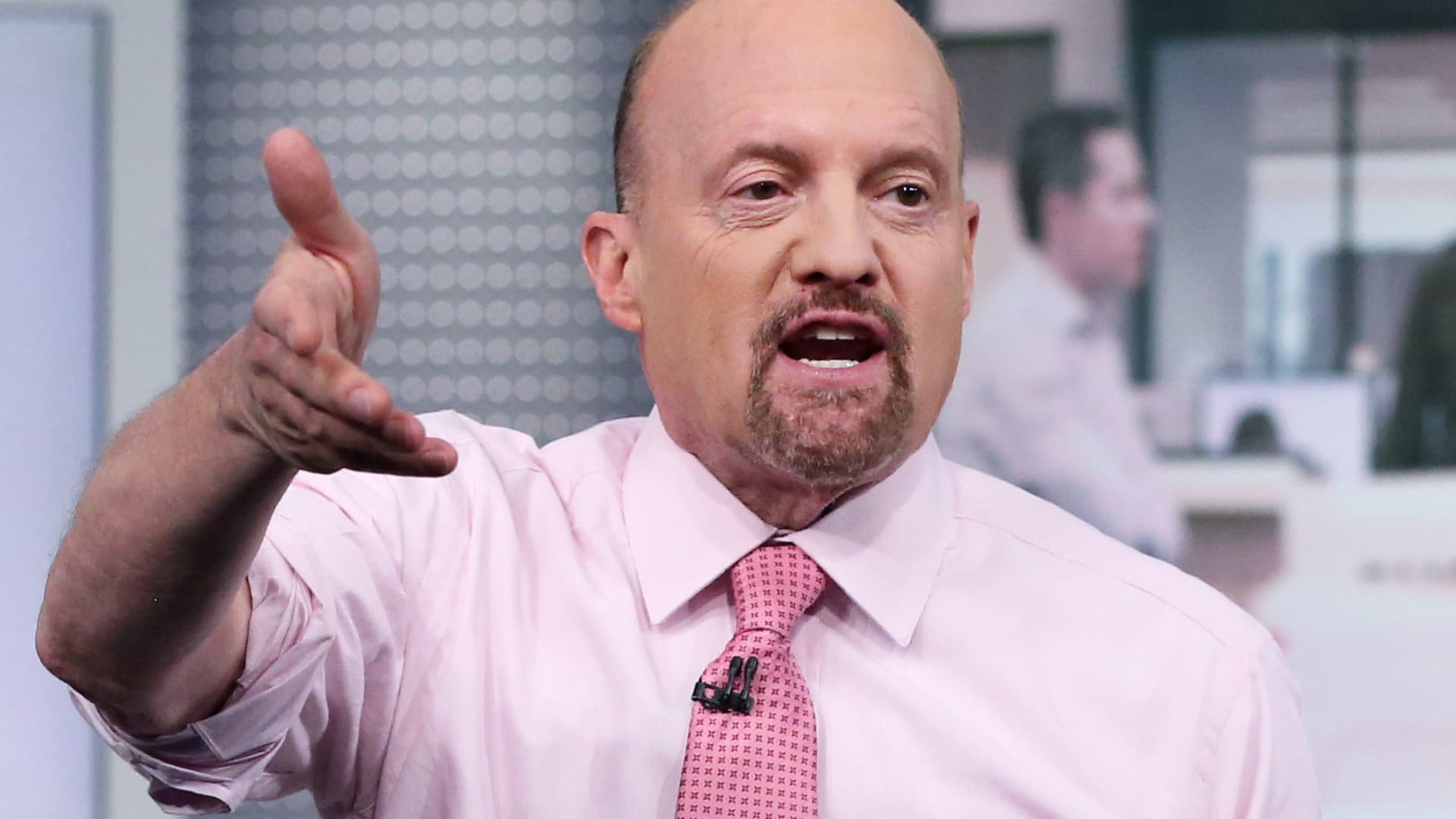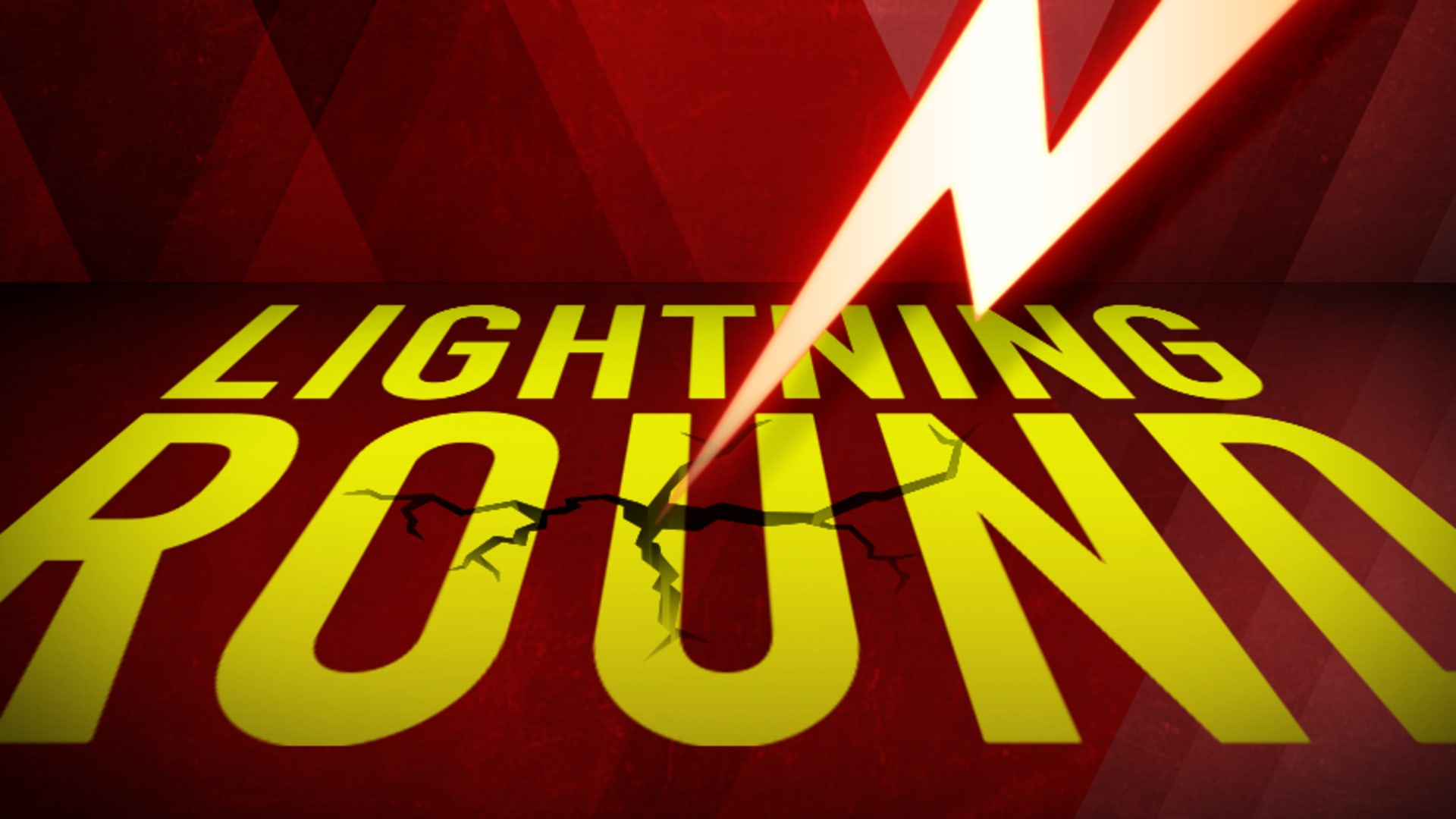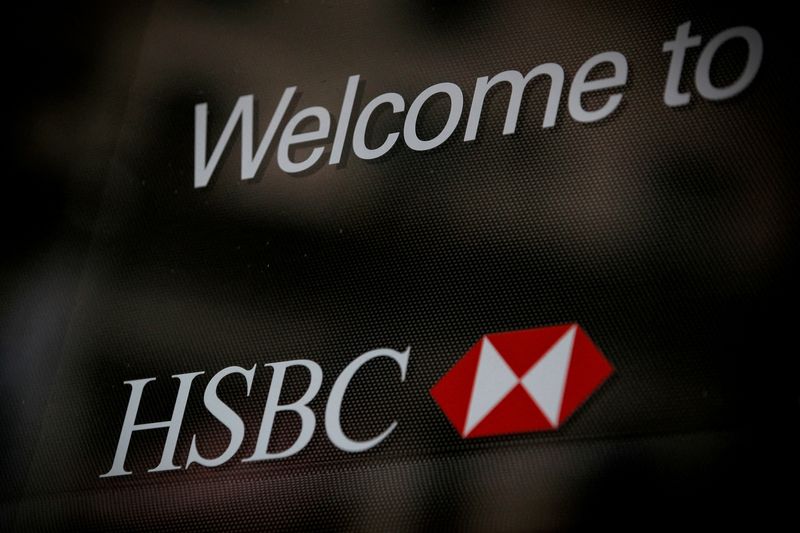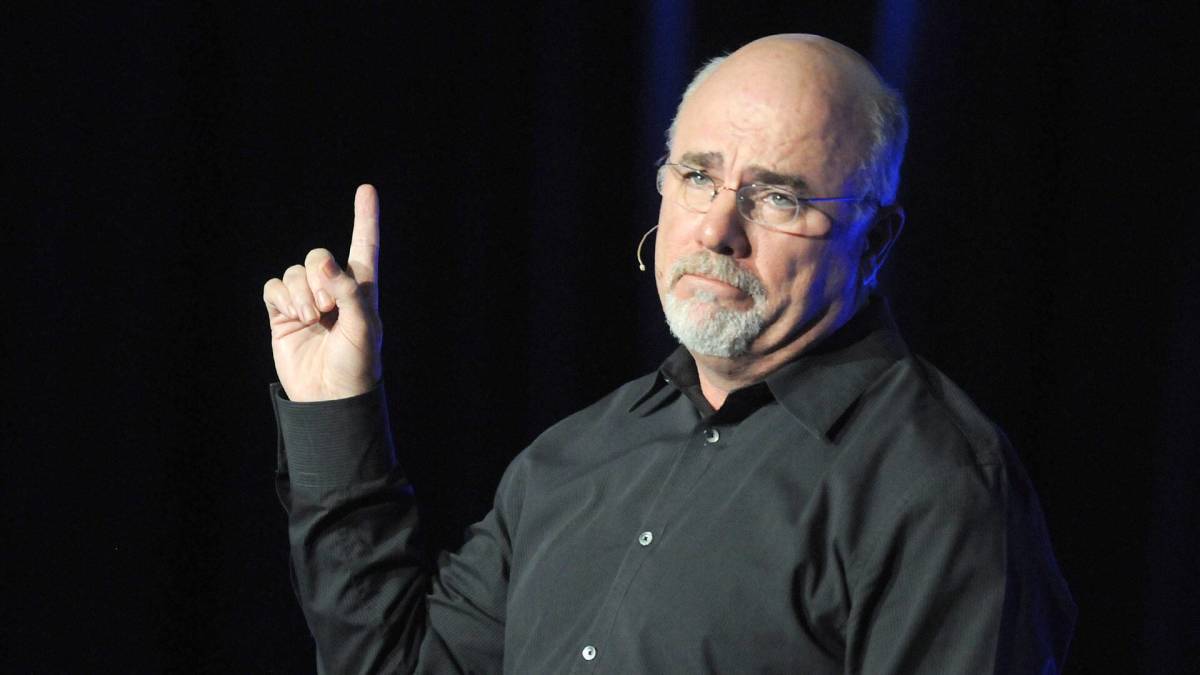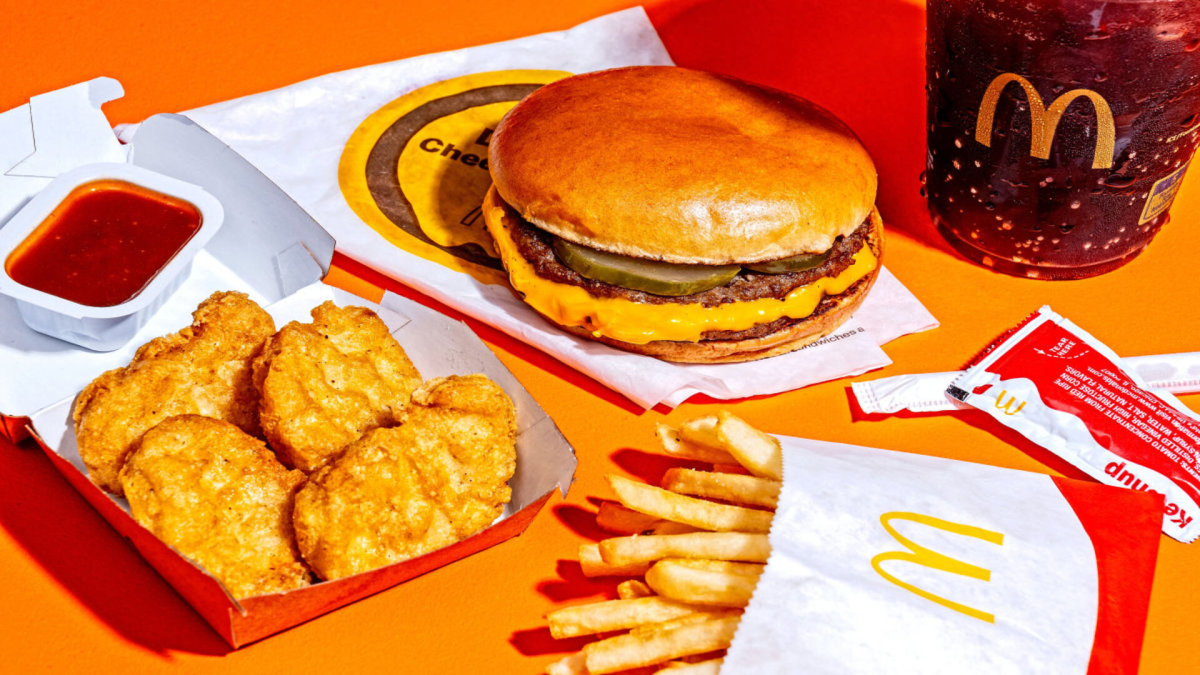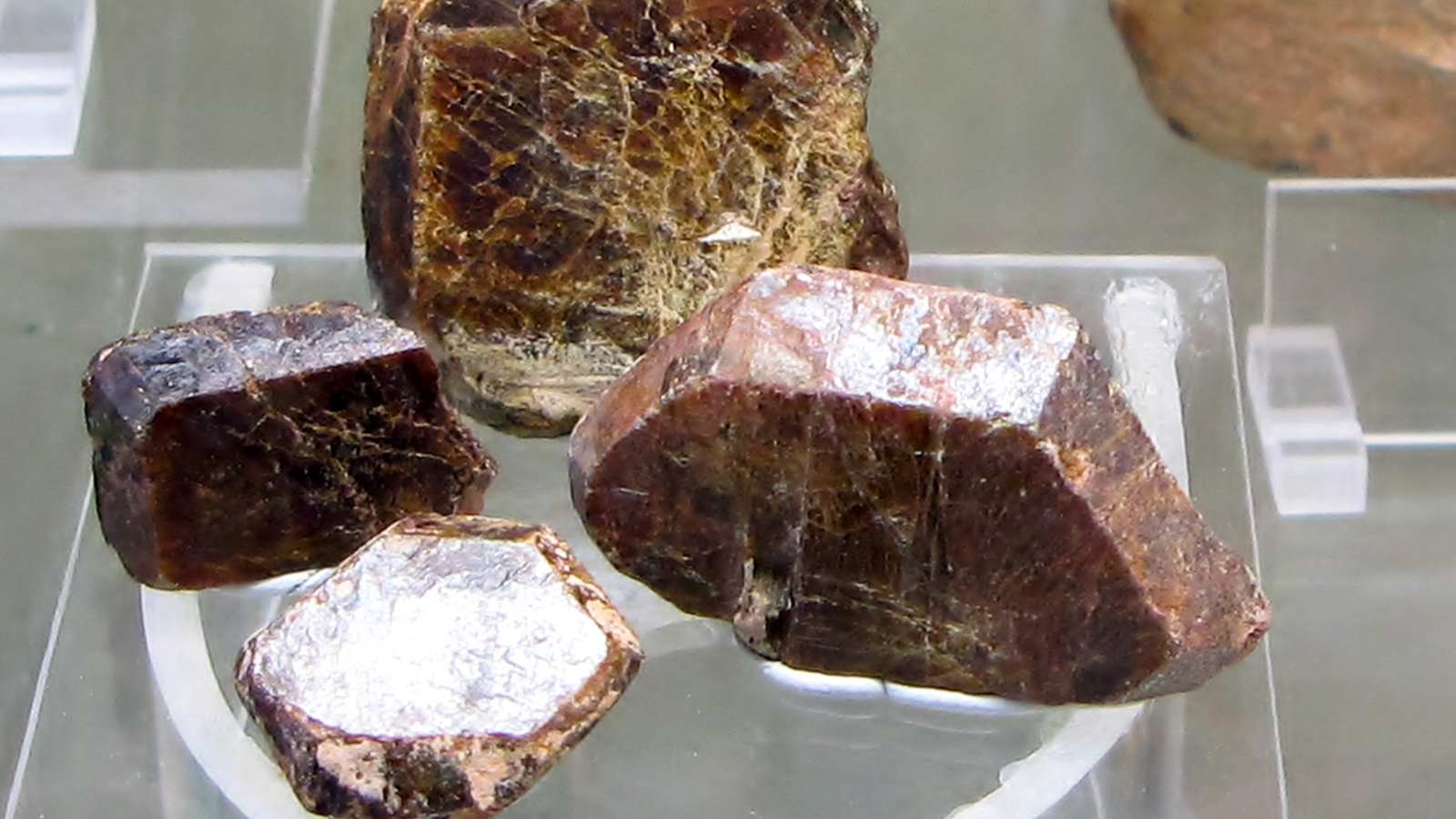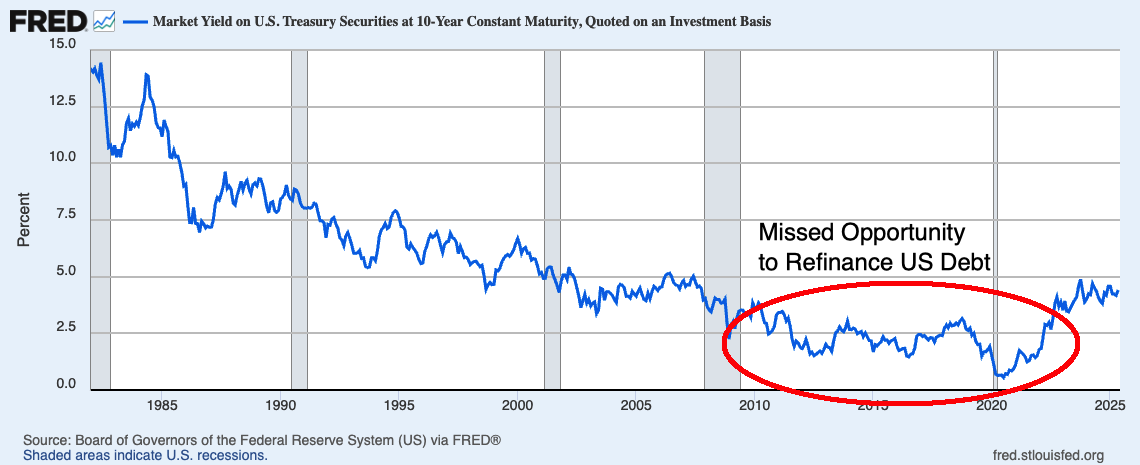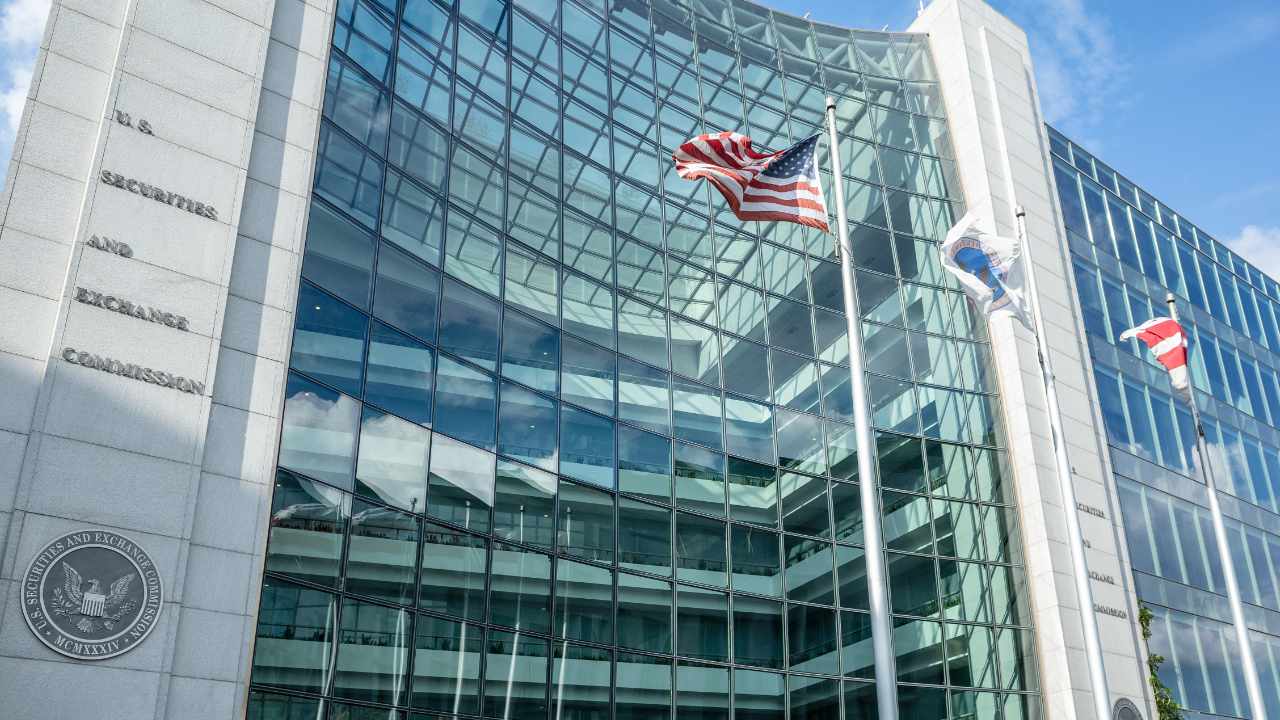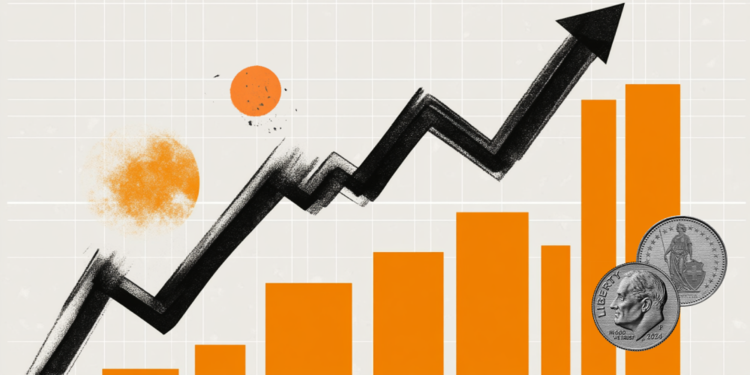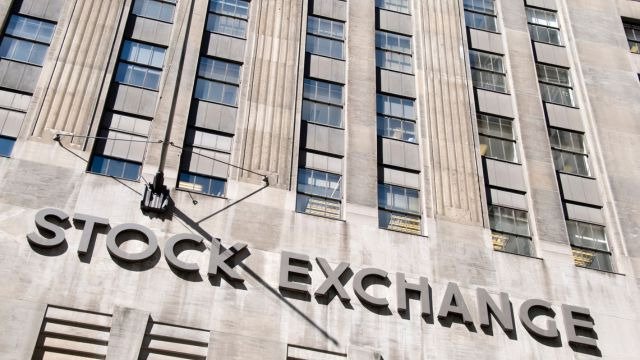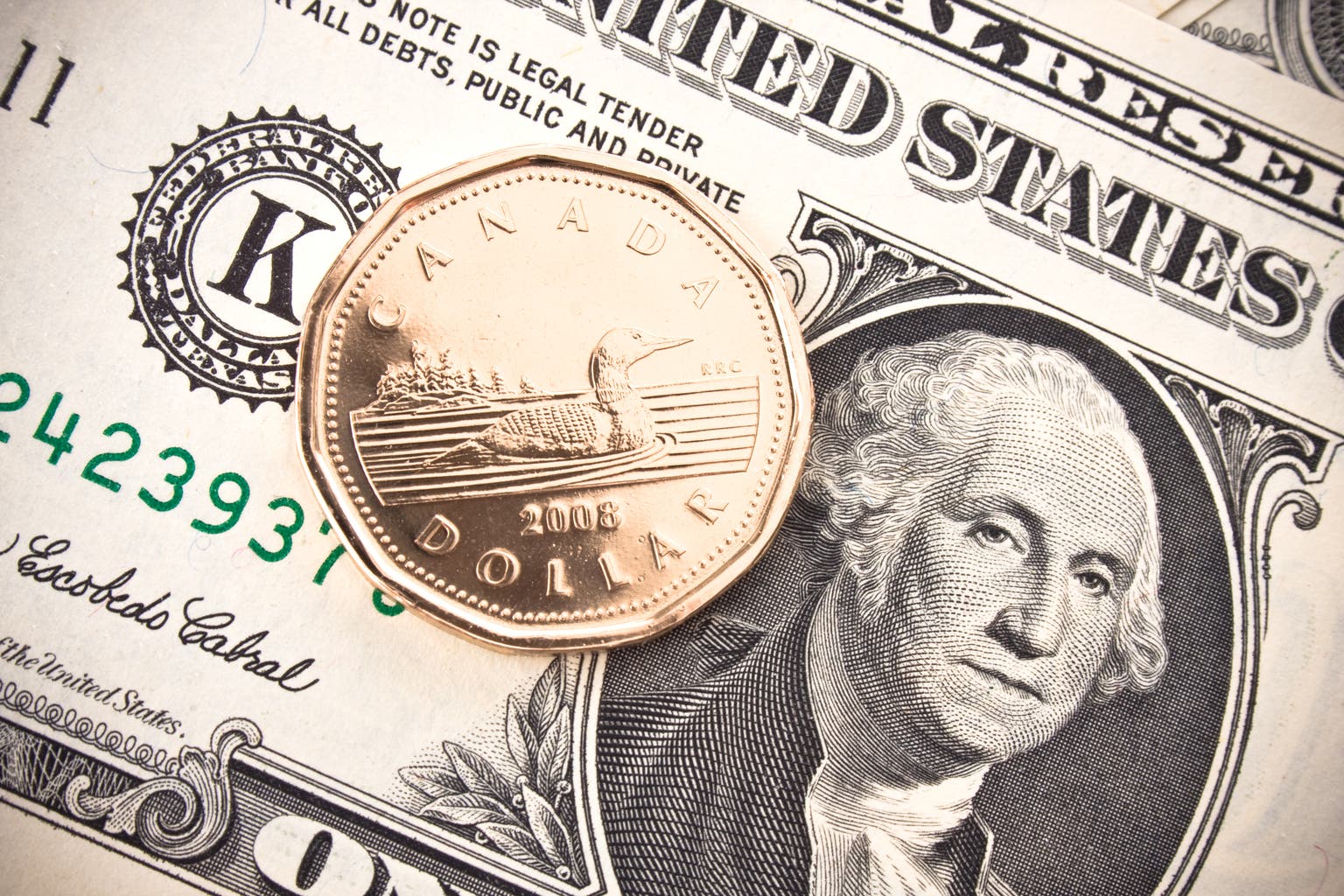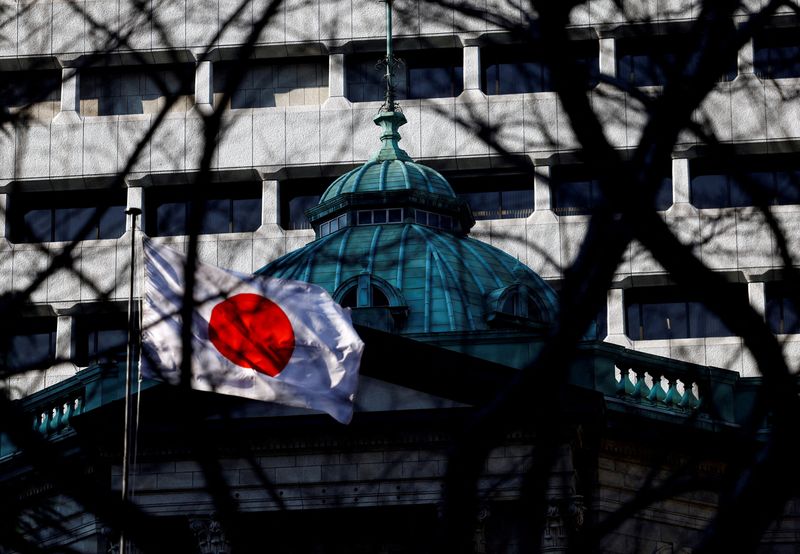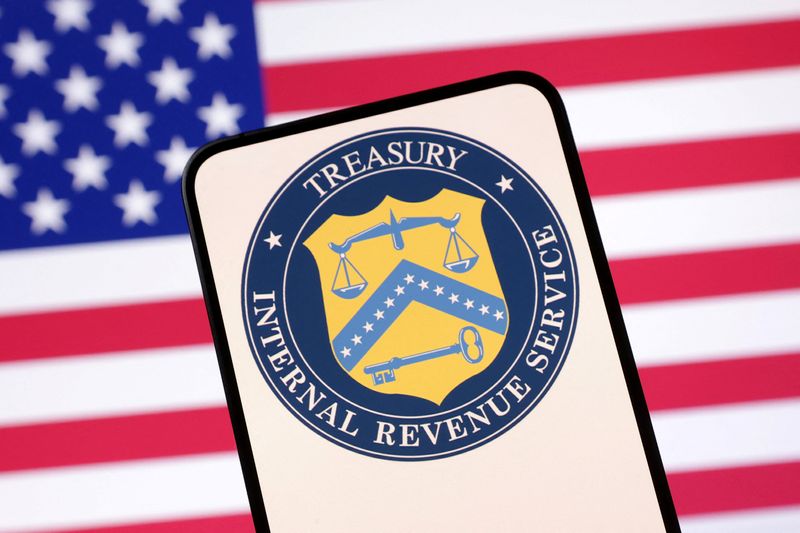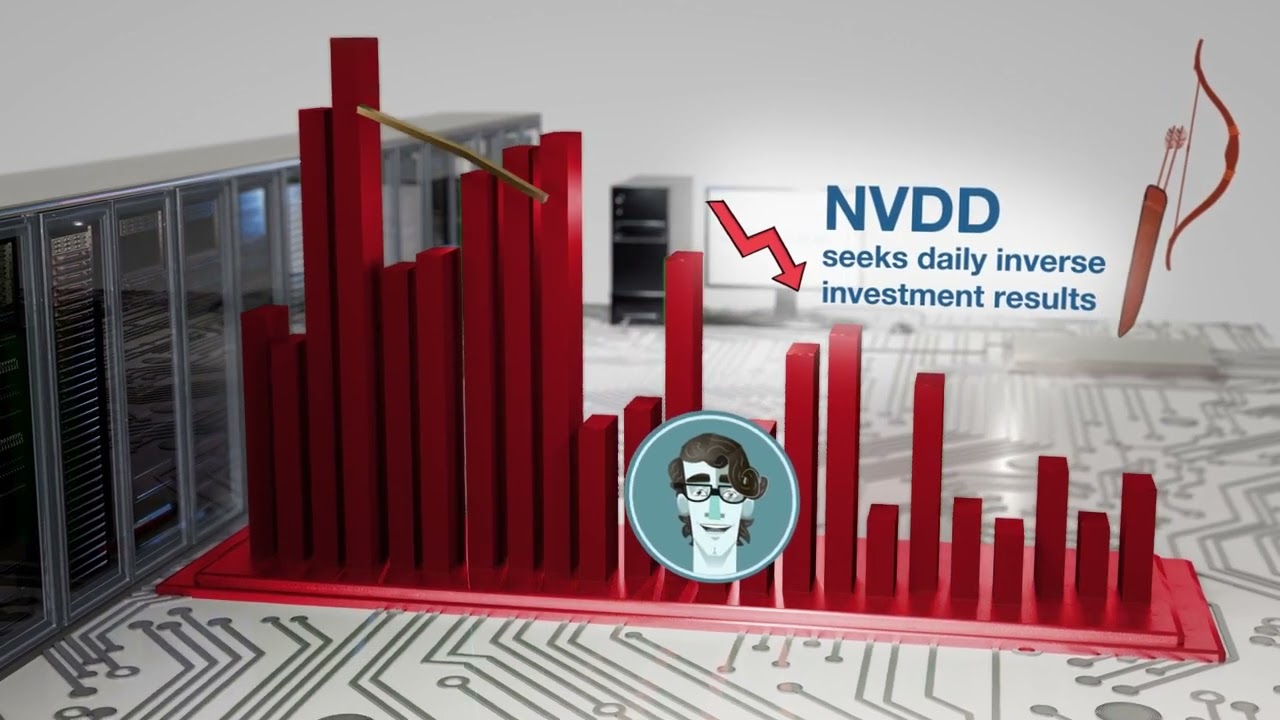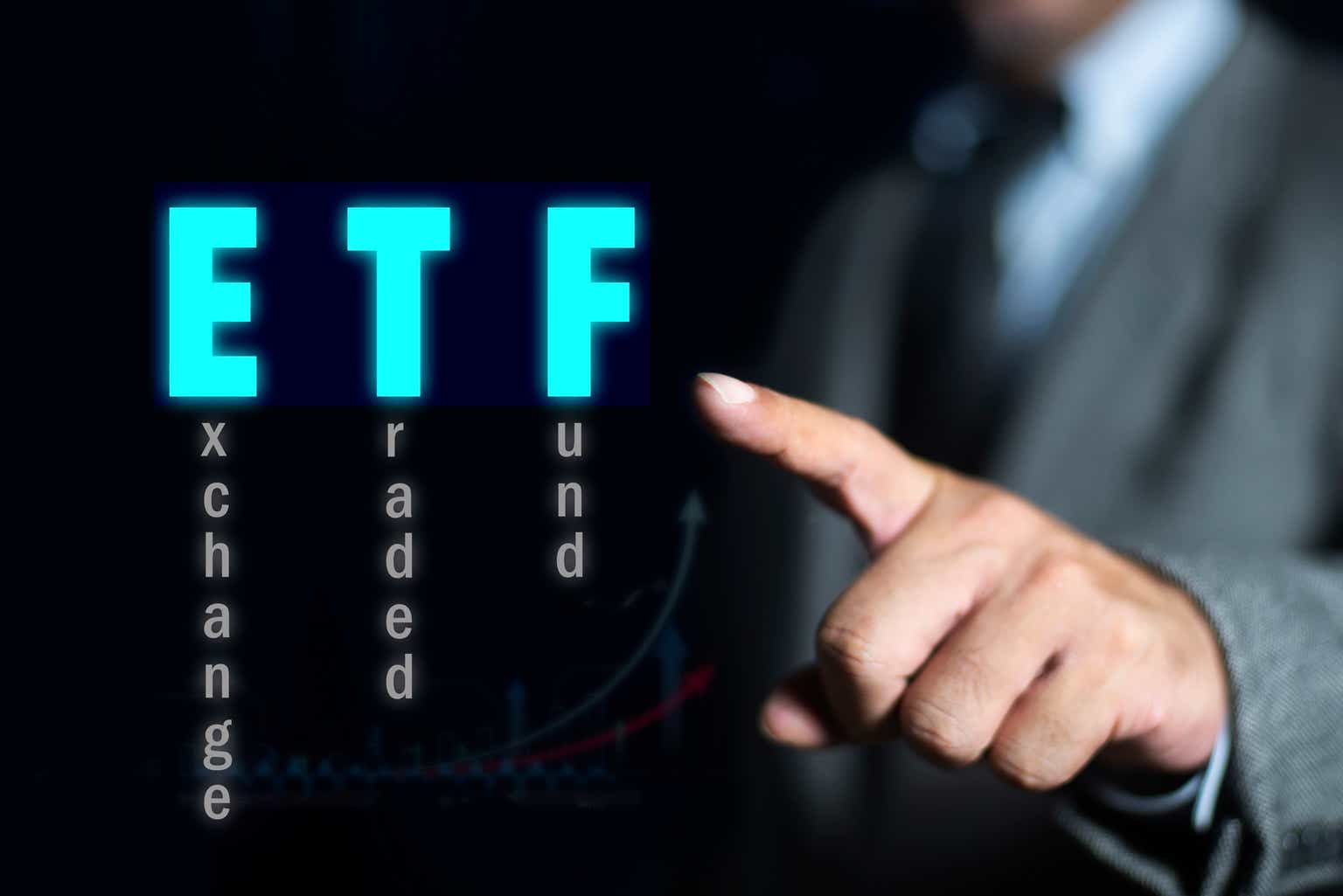3 Fortress Dividend Stocks Set to Thrive, Even if the Economy Slumps
Rarely do any stocks hold up during a recession, and those that do aren’t guaranteed to do so in the next one. Recessions happen for different reasons, and the companies they hit and spare will never completely overlap. That said, you can still bet on certain stocks that have a history of doing better than […] The post 3 Fortress Dividend Stocks Set to Thrive, Even if the Economy Slumps appeared first on 24/7 Wall St..
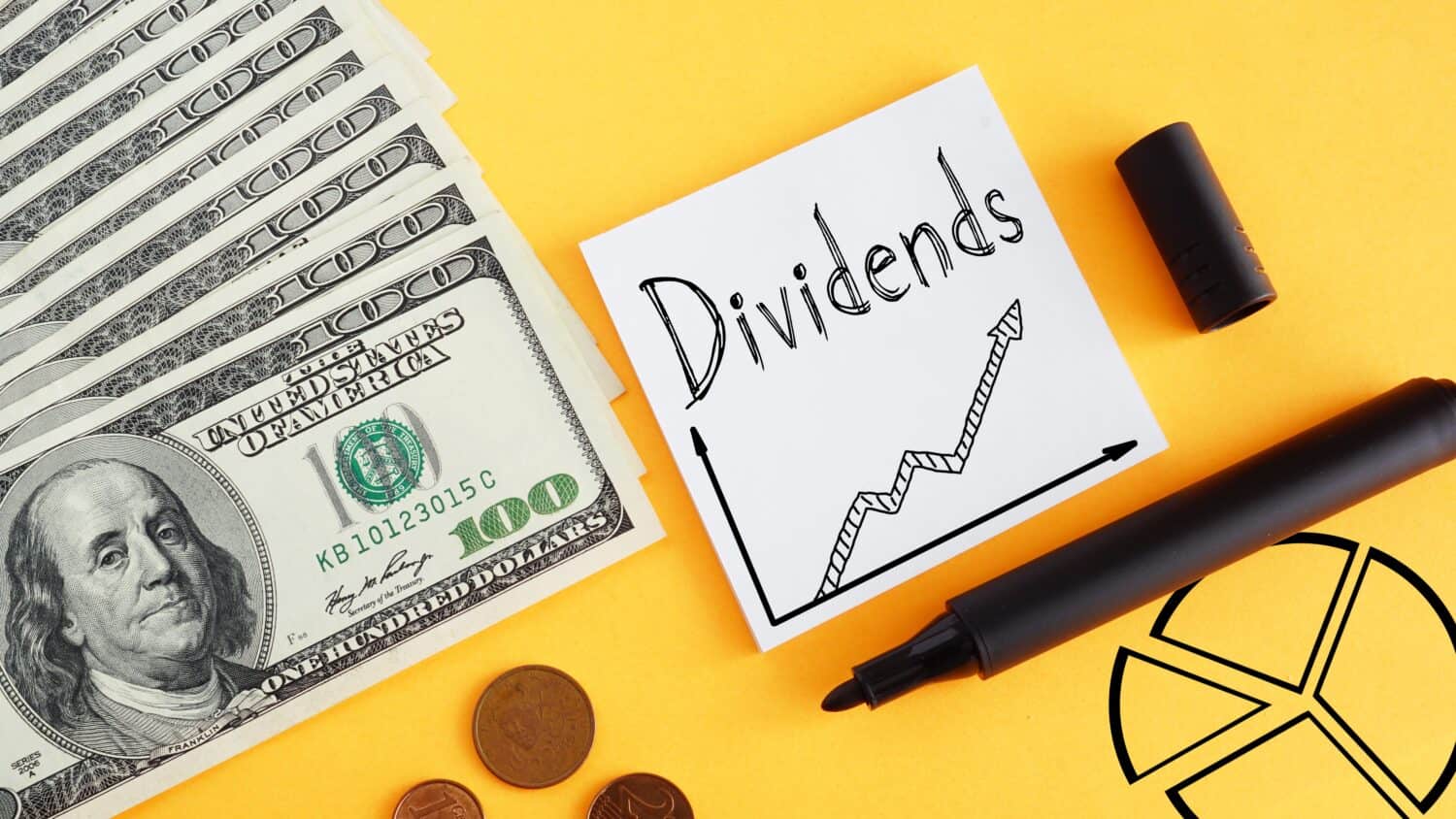
Key Points
-
These dividend stocks have solid underlying businesses.
-
The cash flows should remain consistent regardless of the broader economic environment.
-
As a result, their dividends and stock prices are well-positioned to remain stable.
-
Are you ahead, or behind on retirement? SmartAsset’s free tool can match you with a financial advisor in minutes to help you answer that today. Each advisor has been carefully vetted, and must act in your best interests. Don’t waste another minute; get started by clicking here.(Sponsor)
Rarely do any stocks hold up during a recession, and those that do aren’t guaranteed to do so in the next one. Recessions happen for different reasons, and the companies they hit and spare will never completely overlap.
That said, you can still bet on certain stocks that have a history of doing better than the market during multiple recessions. If they have consistently performed well during tough times, there’s a better chance they will do so in the next recession as well.
Here are three dividend stocks to look into with those characteristics:
McDonald’s (MCD)
McDonald’s (NYSE:MCD) is one of the only companies that benefited from the recession in 2008. Forbes ran a piece back in 2009 titled “McDonald’s Loves Your Recession” as customers kept on coming back, and did so in higher numbers. The company’s business model works great in a recession due to its value meals, and it is also seen as the go-to place for affordable meals.
On top of that, it has a franchise and real estate model for stable, diversified income streams. It owns the land and buildings for most of its restaurants and rents them to franchisees. As such, it also gets cash flow from rent and benefits from long-term property appreciation. Simultaneously, its franchise system shifts operational risk to individual operators.
The stock currently trades at 27 times earnings, which is a bit higher than its historical average. It’s still worth buying if you are just interested in long-term downside risk while receiving dependable dividends. It comes with a 2.27% dividend yield and a payout ratio of 53.2%. McDonald’s has just one more year to go before it can be considered a Dividend King, which is a title for companies that have raised dividends for 50 years straight.
It has also been doing solid buybacks. Outstanding shares came down from 990.4 million in 2013 to 715 million in 2024.
MCD stock gained 36.4% in 2007, 8.59% in 2008, and 3.96% in 2009. It also returned 11.3% in 2020 and 27.79% in 2021.
Johnson & Johnson (JNJ)
Johnson & Johnson (NYSE:JNJ) is a very diversified company, and the businesses it is diversified across are built around essential products and services. Healthcare is a necessity, and its products are always going to generate stable cash flows.
Over the past five years, the stock has trended down, but it has stabilized in the $140 to $170 band as the ripple effects of COVID subside. JNJ is not a growth stock by any means, but the company has very stable cash flows and a sticky top line. It is using that cash flow to fund solid dividend payouts and buybacks.
It has a 3-year average share buyback ratio of 2.9%. This is better than 97% of companies in its industry. Its top line has stabilized recently, and financials are normalizing. It does have $52.3 billion of debt vs. $38.8 billion in cash, so upcoming interest rate cuts should help it recover to historical levels. You’re paying 17 times earnings, whereas it has historically traded around 24 times earnings. If a downturn spooks investors, JNJ could go back to historical levels as Wall Street turns defensive.
JNJ comes with a dividend yield of 3.37%. It is already a Dividend King with 64 years of consecutive dividend increases, and it has a forward payout ratio of 46.8%.
Gentex (GNTX)
Gentex (NASDAQ:GNTX) may not be your traditional “defensive stock” that you come across when you search for it, but the circumstances now are very much in favor of GNTX being categorized as one.
GNTX stock is off over 43% from its peak, but the stock has stabilized recently, and it is likely bottoming out. This company supplies car parts, so it is a solid play right now.
Automotive parts companies have been on a rally for the past few years, and a recession is likely to accelerate them even more. Cars were 12.8 years old on average last year. Interest rates are still relatively high, and if a recession makes things worse, buying a new car will be out of the picture for most people. It doesn’t help that new cars come with higher insurance. Repairing cars will be the only option for most people, and this should help companies like GNTX maintain cash flows in a recession.
Gentex has cut its guidance earlier due to tariffs, which have been priced in already. It manufactures mostly in the U.S. Plus, JPMorgan analysts think Gentex is positioned best to negotiate deals if tariffs bite. It has $307 million in cash, no debt, and a bottom line that is very stable. It also does regular buybacks and has a 2.24% dividend yield. The payout ratio here is just 25.5%, so dividends are unlikely to be cut.
The post 3 Fortress Dividend Stocks Set to Thrive, Even if the Economy Slumps appeared first on 24/7 Wall St..






















